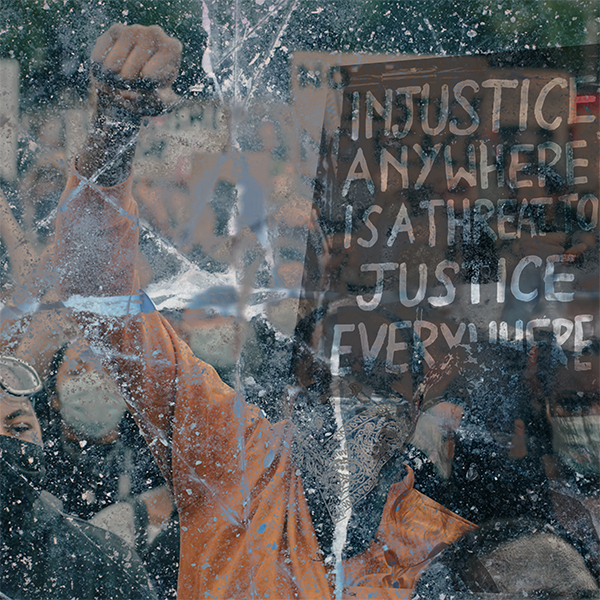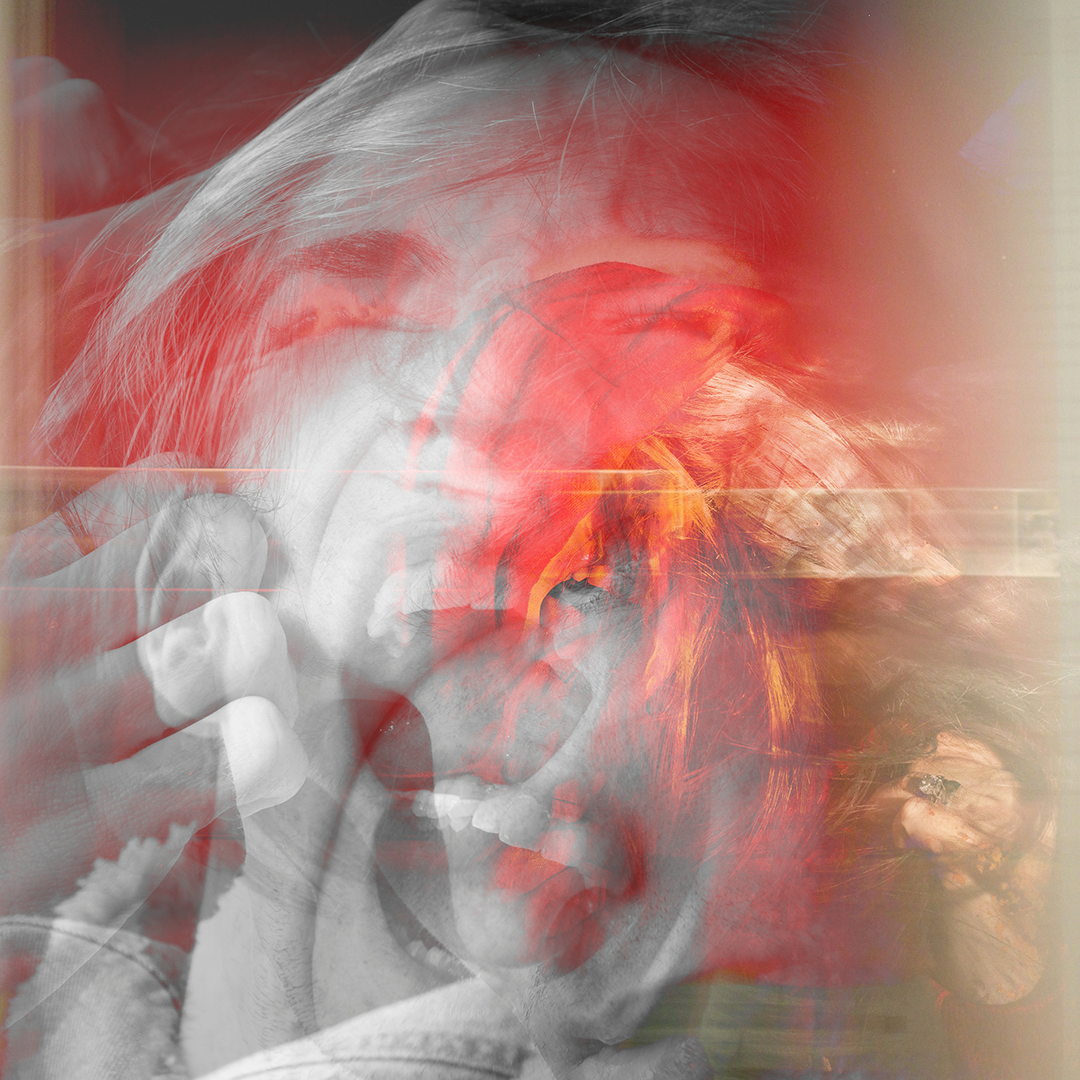She Spoke With (and On) Authority, Generosity, Spirit: A Tribute to Phyllis Tickle
Though I cannot speak in great depth about Phyllis Tickle the person, I had the pleasure of interacting with Phyllis over the course of several days in 2009 when she came to speak at Baylor University. As a chaplain on campus, I was one of her hosts. The faculty master of the honors college, knowing how much her recent writing had influenced me, asked me to give the introduction to her lecture. She was still on her book tour for The Great Emergence at that time.
Immediately, I knew I was in the presence of someone special. Well into her 70’s, Phyllis’s ability to capture and “wow” a room, and the sheer energy she brought with her was stunning. She carried herself with gentleness but spoke with such authority. I recall that her passion for the truth and sense of humor appealed to Christians and non-Christians alike that came to hear her.
We were able to correspond several times after spending time together that week, and she was always prompt and generous in her replies. During her visit, her one request was that she have access to Internet in her room so she could respond to her emails. She told me that she was currently receiving hundreds per day from her readers, and yet remained committed to answering each of them as fully as she could. It was evident that she did this out of genuine care for them rather than to build her fan base.
As for Phyllis Tickle the author and speaker, I can say a little more. Her earlier work celebrated the treasures of the tradition, the power of liturgical prayer, and the centrality of the Eucharist for worship and the life of Christian community. Her later writings came at a moment when I, like so many others, was perplexed by the changes that the Church and Western society in general was experiencing. It’s as if she turned the lights on.
A mentor once told me that a big part of our growth in the Christian life is learning what to care about and what not to care about. Phyllis Tickle offered the wisdom for knowing the difference between these two things. She was a cultural exegete. When it came to the Christian faith, she seemed to know what would last and what wouldn’t, what needed to last, and what didn’t.
Phyllis understood the role of the Holy Spirit in this and trusted in better things to come. At the same time, she wasn’t afraid to name the areas where hard work was required. For theology, this meant dealing with a number of big questions unique to our age. She did not pretend to have the answers, but she repeatedly called for engagement of questions like: What does it mean to be human? How do we think about religious pluralism? What are the implications of this for the doctrine of the atonement? Phyllis also loved to talk about the scientific revolution of the 20th Century, emergence theory, and what this might mean for our understanding of God and time.
Most intriguing to me has been her observation about the shift in authority during her lifetime — not only in society, but particularly in the Church. For Protestants now at least, by itself, the traditional deferral to Sola Scriptura is no longer viable. Authority will be shared not so much with modernity or even postmodernity, but with the local community. For Tickle, this in no way means dispensing with the Bible. Rather, it calls for a re-discovery of the presence and power of the Spirit for revealing the Gospel and its appropriate application in every context.
Phyllis Tickle helped people see the kingdom of God, where it was advancing, and how the Church could serve it. She loved the Church and recognized it as body of Christ. When she talked so confidently about its pending reconfiguration, this was because she knew that it sometimes needs a divine makeover. The Church is still maturing, she might say, and the decline in attendance in North America is nothing to worry about.
Those closest to her report that in facing death, Tickle was truly courageous and filled with peace. She trusted that death was merely the next step in her journey toward the heart of God. Perhaps Phyllis would give a similar encouragement to us concerning the state of the Church in our lifetimes.
It’s learning to die to itself as it grows more into who God has called it to be.
—
[Photo: Randy OHC, CC via Flickr]


